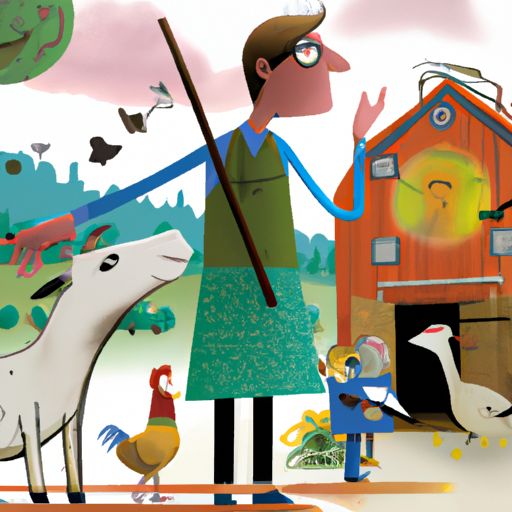The fifth annual Investment Conference in South Africa, recently held in Johannesburg, has been a resounding success. The gathering, aimed at promoting investment in the country, attracted investors from both South Africa and other parts of the world. Some leading industries that received investment commitments included mining and mineral beneficiation, the energy sector, industrial sector, advanced materials, chemicals, healthcare, pharmaceuticals, food and beverage, infrastructure development, logistics, and social housing. With these sectors receiving significant investment commitments, the conference achieved its target of R1.2 trillion investments.
President Cyril Ramaphosa was pleased to announce the achievement of the conference’s target. He also set a new target of mobilizing R2 trillion in new investments over the next five years, until 2028 to build upon the previous achievement. The President emphasized South Africa’s untapped potential and urged investors to support the country’s growth and job creation. The SAIC has shown that the country’s unique value proposition is attractive to investors, proving that South Africa has the potential to attract higher levels of investment.
The Annual Investment Drive
The SAIC was initiated by President Cyril Ramaphosa in 2018 to secure domestic and inbound investment of R1.2 trillion over five years. The conference is also the final leg of the current investment drive. The President’s announcement marks a significant milestone for the country, proving that South Africa remains an investment destination with significant untapped potential. The SAIC has been instrumental in showcasing the country’s unique value proposition to investors, attracting higher levels of investment.
The President’s ambitious target of mobilizing R2 trillion in new investments over the next five years demonstrates the country’s commitment to growth and creating job opportunities. By leveraging South Africa’s unique value proposition, the government can attract investment from a wide range of industries. The President’s ambition to attract investment has not been misplaced during all the challenges facing the country.
Investment Pledges and Commitments
During the morning session of the SAIC, numerous companies made significant investment commitments, affirming South Africa’s status as an attractive investment destination. Development Finance Institutes also joined in the investment pledges. Last year, the fourth SAIC raised R367 billion in investment commitments, firmly within sight of the five-year investment target. The President disclosed that the 80 investment pledges received at the 2022 SA Investment Conference amounted to R332 billion.
The investment commitments received by various sectors during the conference are a testament to South Africa’s vast potential. The country’s diverse range of industries, combined with its unique value proposition, make it an attractive investment destination. The SAIC has been instrumental in showcasing the country’s vast potential, attracting investment from various industries. It remains to be seen how the government will leverage these investments to create economic growth and job opportunities.












